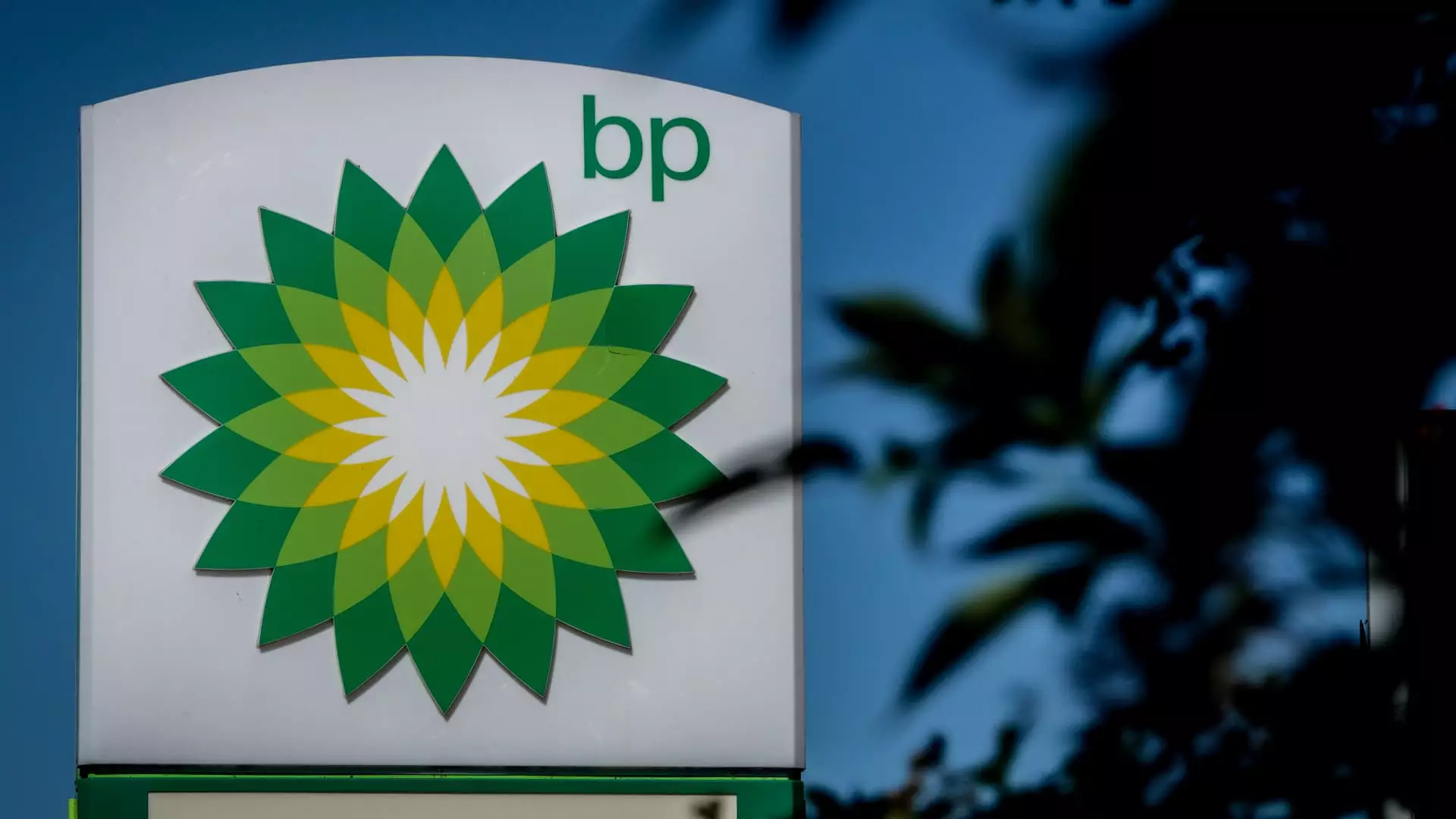BP, a British multinational oil and gas firm, experienced a significant drop in its shares after announcing an expected impairment of up to $2 billion in the second quarter. This news, coupled with warnings of lower refining margins, has caused concern among investors and analysts alike.
The share price of BP plummeted by 2.6% in early market trading following the revelation of the anticipated impairment. The company cited weak refining margins and underperformance in oil trading as factors that will negatively affect its second-quarter results, set to be released on 30 July. The estimated impact ranges from $500 million to $700 million, with additional charges related to post-tax asset impairments and contract provisions expected to be between $1 billion to $2 billion.
BP’s challenges extend beyond financial setbacks, as the company also anticipates flat upstream production in the second quarter. Furthermore, ongoing reviews and charges related to the Gelsenkirchen refinery in Germany are adding to the uncertainties faced by the firm. The transition in leadership, with former CEO Bernard Looney resigning due to personal relationships, has also created instability within BP.
In response to these challenges, BP appointed a new permanent CEO, Murray Auchincloss, in January. The company has set ambitious targets of achieving at least $2 billion in cash cost savings by 2026. However, the need for cost-cutting measures underscores the significant impact that impairments and lower margins are having on BP’s operations.
It is worth noting that BP is not alone in facing these challenges, as rival energy giant Shell recently announced a similar expected impairment hit of up to $2 billion. The energy sector as a whole is grappling with weaker margins in fuels and fluctuating gas and oil prices, leading to decreased profitability across the board.
The anticipated impairment and lower refining margins have had a profound impact on BP’s shares and financial performance. The company’s response to these challenges, including leadership changes and cost-saving measures, highlights the need for strategic adaptation in the face of industry headwinds. As BP navigates these turbulent waters, stakeholders will be closely monitoring the firm’s ability to overcome obstacles and sustain long-term growth and profitability.

